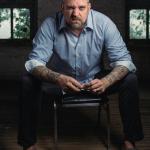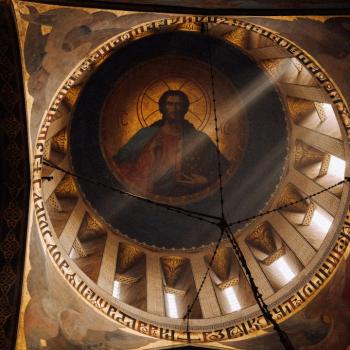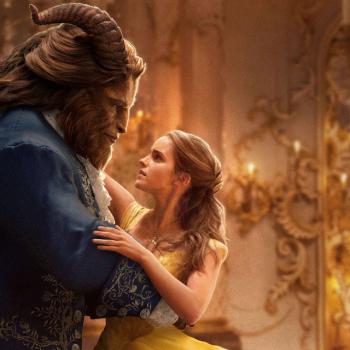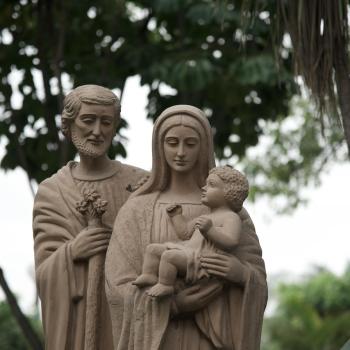It is easy to feel distracted at Mass and this is frustrating because we know that the Eucharistic Celebration should excite us. When we feel disconnected from the story behind what is happening, we can experience feelings of tedium and boredom. This is unfortunate because every Mass is actually quite packed with action. The Mass re-presents the sacrifice of Calvary, and this leads to three very exciting things happening at every Mass. Christ is eaten, the mind is filled with grace, and we receive a pledge of future glory. Developing a better understanding of the Mass can help us deal with the distractions that crops up for all of us.
From the Last Supper to the Passion
We get to know the three things that happen during every Mass from the Catechism. The Catechism of the Catholic Church cites number 47 of the Second Vatican Council Constitution on the Liturgy, Sacrosanctum Concilium, in its entirety:
At the Last Supper, on the night when He was betrayed, our Savior instituted the eucharistic sacrifice of His Body and Blood. He did this in order to perpetuate the sacrifice of the Cross throughout the centuries until He should come again, and so to entrust to His beloved spouse, the Church, a memorial of His death and resurrection: a sacrament of love, a sign of unity, a bond of charity, a paschal banquet in which Christ is eaten, the mind is filled with grace, and a pledge of future glory is given to us. (Catechism of the Catholic Church, 1323)
Christ is Eaten
The Catechism does not mince words. This question of the Eucharist is the big question, is it not? If Catholics are right and the Eucharist is the Body and Blood of Christ, then we are eating the Body of Christ sacramentally, really, whenever we receive him in Communion. If Catholics are wrong, we are simply deluded and participating in a very small snack of bread and cheap wine. There is no doubt about this teaching, as the Church believes firmly that Jesus Christ is present in the Eucharist. Luther toned it down, speaking about Jesus coming to the bread in a special manner, but with the bread always being present as well. For Catholic theology, there is no such middle ground. It is all or nothing. Jesus is truly present, and the bread is gone, even if it appears to remain.
This fulfills what Jesus said in John 6 during his Bread of Life discourse: “I am the living bread that came down from heaven; whoever eats this bread will live forever; and the bread that I will give is my flesh for the life of the world” (John 6:51). The word translated as “eat” is even more graphic in Greek, being closer to the verb “to gnaw.” Jesus was speaking about his followers eating his flesh and the 5,000 new followers that had shown up that day walked away. This is one of the most dramatic moments in the whole Gospel, and yet deniers of the real presence of the Eucharist dismiss Jesus’ words as merely symbolic.
Mind is Filled with Grace
The mind is filled with grace. Celebrating the Eucharist is such a tremendous gift because grace – the gift freely given by God – flows freely through this mysterious action. This calls for a special awareness on the part of the priest presiding over the liturgy. If he is distracted, it is easier for the congregation to fall into the same trap.
Priests should be conscious of the fact that in their ministry they must never put themselves or their personal opinions in first place, but Jesus Christ. Any attempt to make themselves the center of the liturgical action contradicts their very identity as priests. The priest is above all a servant of others, and he must continually work at being a sign pointing to Christ, a docile instrument in the Lord’s hands. This is seen particularly in his humility in leading the liturgical assembly, in obedience to the rite, uniting himself to it in mind and heart, and avoiding anything that might give the impression of an inordinate emphasis on his own personality (Pope Benedict XVI, Sacramentum Caritatis, 23).
The priest is called to have right intention when celebrating the Eucharist. This is necessary for the sacramental nature of what is happening, as Dicastery of the Doctrine of the Faith reminded the faithful recently in its document Gestis Verbisque. The time for pastoral creativity is not found during the celebration of the Mass – and especially not during the words of consecration Our mind is filled with grace because of the encounter with the real Lord. Even though it can be hard to keep our minds focused on Christ when distraction clouds our thoughts, this reality provides us will all needed creativity
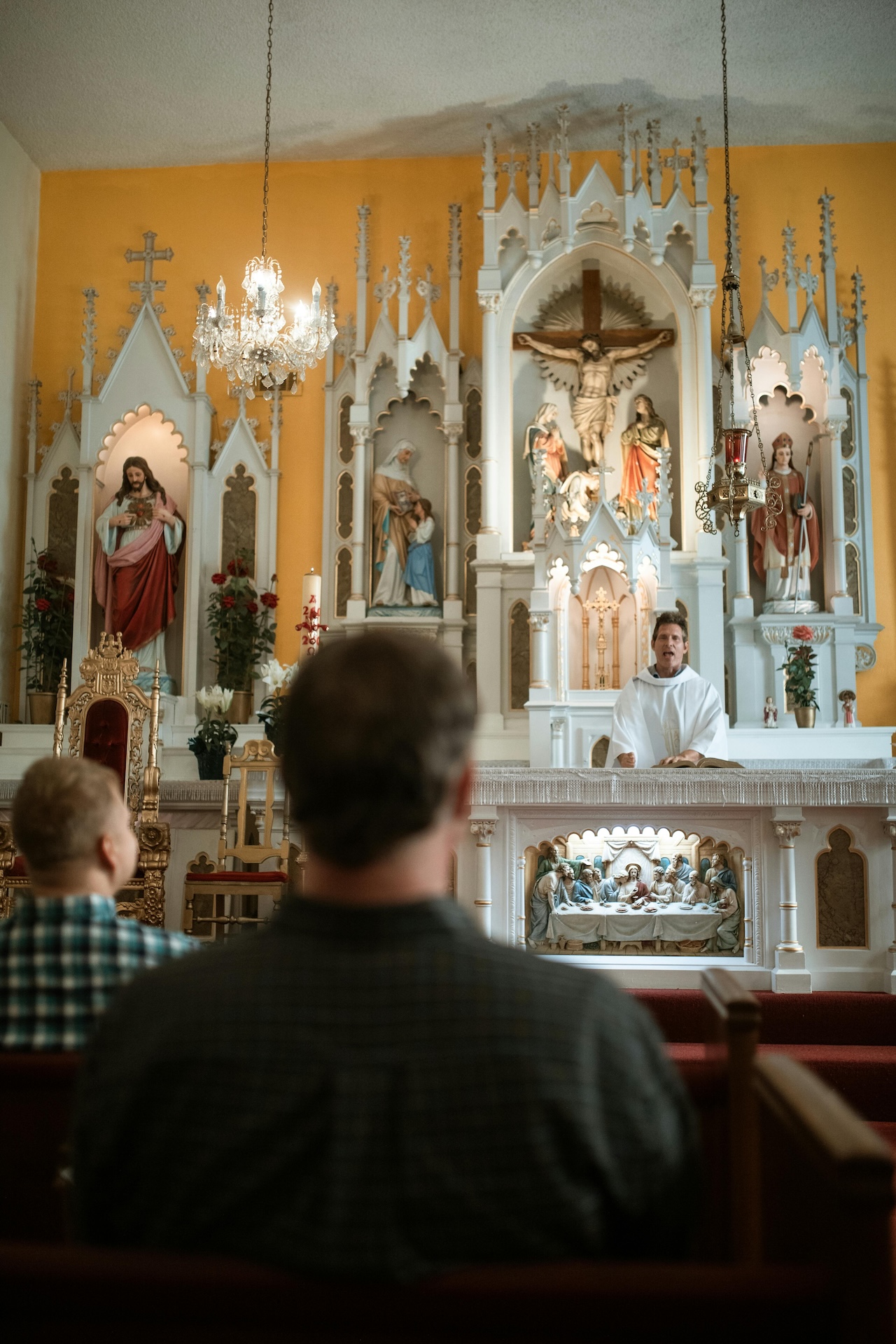
Pledge of Future Glory
Our Christian faith is essentially forward focused. We are getting ready for Heaven and the Eucharist has a strong eschatological element. The term “pledge of future glory” comes from the Roman Breviary, in the second Vespers of the Feast Corpus Christi. This great Eucharistic Feast reminds us that we are called to Heaven, with God’s grace. While distraction can lessen our experience, every time we receive the Eucharist, we are getting a foretaste of Heaven. Even when we cannot come sacramentally to receive Jesus in Communion, we should make a spiritual communion.
If you feel distracted at Mass, it might be good to spend some time meditating this number of the Catechism. Christ wants to give you the formation you need to appreciate his presence on the altar and his involvement in your life.
Are you ever distracted at Mass? What strategies help you re-gain your focus? Comment below.
Subscribe to the newsletter to never miss an article.



